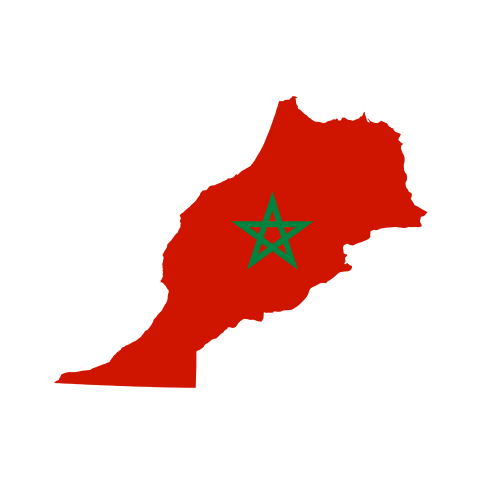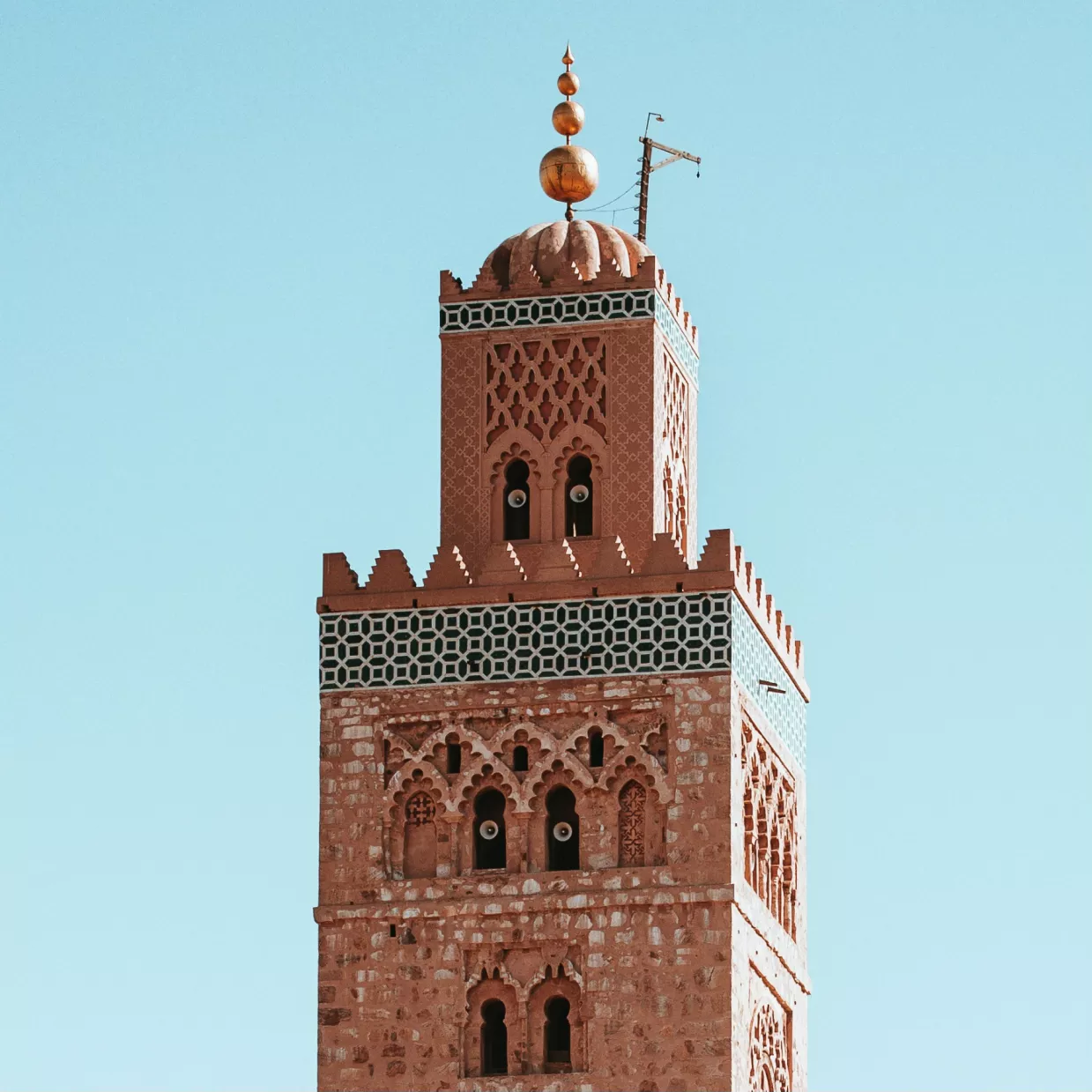Is a Work Permit Required in Morocco?
In Morocco, the requirement for a work permit for foreign nationals is driven by several factors unique to the country’s economic and social context. One of the primary reasons is to protect employment opportunities for Moroccan citizens. With a young and growing population, the Moroccan government prioritizes local employment to ensure that its citizens benefit directly from the country’s economic activities. By mandating work permits, the government regulates the employment of foreign workers, ensuring they fill roles where there is a clear shortage of local expertise, thereby safeguarding jobs for Moroccans.
Economic development and diversification are also significant factors behind the work permit requirement in Morocco. The country is focused on developing various sectors such as manufacturing, tourism, agriculture, and renewable energy to foster economic growth and reduce unemployment. The work permit system allows the government to attract skilled foreign professionals who can contribute valuable expertise to these critical sectors, filling skill gaps and promoting innovation. This targeted approach is essential for enhancing productivity and fostering sustainable economic development in Morocco.
Ensuring compliance with labor laws and standards is another key aspect of Morocco’s work permit system. The government uses this process to ensure that foreign workers are employed under conditions that comply with Moroccan labor regulations. This includes guaranteeing fair wages, safe working conditions, and access to social security benefits. By enforcing these standards, the government aims to prevent the exploitation and abuse of foreign workers, ensuring that all employees in Morocco are treated with respect and fairness.
In 2023, Morocco introduced a new short-term work authorization (STWA), allowing foreign workers to engage in employment for up to 90 days. This authorization reduces bureaucratic hurdles, making it easier for foreign nationals to take up urgent, short-term roles without needing a long-term permit.
About the Moroccan Job Market
The key sectors that make up the Moroccan economy are agriculture, textiles, construction, energy, and mining. Tourism is a major industry within the service sector, although regional instability has impacted this sector in recent years. For expats, there are job opportunities in technology, business, and language teaching.

Number of Expats:
<84,000
Expats Job Websites:
Popular Industries for Expats:
Hospitality, IT and Communications, Language teaching
Types of Morocco Work Visas
Morocco allows citizens of several countries, including the US, EU, Japan, and Australia, to enter without a visa for short stays. However, to work in Morocco, foreign nationals must apply for a work visa and permit. The most common visa is the long-term work visa, which is categorized into the following:
- Morocco Work Visa: The standard visa issued for foreigners seeking employment in Morocco. In addition to this visa, a work permit is required. Visit the Moroccan immigration site
- Morocco Student Visa: Issued to foreign nationals studying at Moroccan institutions.
- Morocco Visa for Family Reunification: Issued to foreign nationals joining family members living in the country.
The short-term work authorization (STWA) now allows foreign workers to conduct professional activities for up to 90 days without the need for a long-term visa or extensive labor market tests.(
Morocco Work Visa Requirements
Foreign employees seeking to work in Morocco must first obtain a work permit, which is the employer’s responsibility. Once the employee receives the work permit, they can apply for a visa. Requirements may vary, but here’s a general list of documents:
- Completed visa application form.
- Passport with at least six months’ validity.
- Two passport-sized photographs.
- Employment contract certified by the Ministry of Education.
- Proof of accommodation.
- Bank statements showing sufficient funds.
- Travel insurance.
- Visa fee payment receipt.
- Medical certificate.
- Criminal background check from the applicant’s country of residence.
Morocco Work Visa Requirements by Employer
The Moroccan government favors local workers over foreign employees, so employers must prove that no qualified Moroccan candidate is available to fill the position. Employers are required to:
- Obtain an ANAPEC Certificate: This confirms that no Moroccan candidates are available for the position.
- Seek approval from the Ministry of Employment: All foreign employment contracts must follow the government-approved template and be certified by the Moroccan Department of Employment.
- Submit work permit applications via the TAECHIR portal.
Morocco Work Visa Application Process
Here’s how to apply for a work visa in Morocco:
- Schedule an appointment with the Moroccan consulate or embassy.
- Complete the Morocco visa application form.
- Submit the required documents.
- Pay the visa fees.
- Wait for the visa to be processed (usually 2-4 weeks).
- Receive the visa.
2024 Update: Short-term work visas can be applied for electronically, cutting down processing time and allowing foreign workers to start projects quickly.(
Timeframe for Morocco Work Visa
The processing time for a Morocco work visa is typically about two weeks, although this may vary. Employers are advised to begin the application process well in advance to ensure timely visa issuance. For short-term work authorizations, processing times have been reduced to as little as 5-10 days.
Morocco Visa Fees
Visa Type | Fees (USD) |
Transit Visa | $19 |
Long-Term Visa (Single Entry) | $24.5 |
Long-Term Visa (Multiple Entry) | $36 |
How Does Multiplier Help with Work Permits?
As a global EOR solution, Multiplier has local entities in over 150 countries, ensuring smooth management of your employees worldwide. Our HR team and SaaS-based solutions handle everything from documentation to cost management. We will keep you informed throughout the process to ensure your work permits in Morocco are obtained efficiently.


